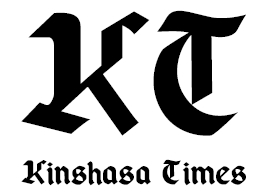 Prior to the suspension of the political dialogue on 23 September 2016, the Facilitator, Edem Kodjo distributed to the participants and the media a draft agreement that should serve as a political modus operandi to the DRC beyond 19 December 2016, when Kabila terms of office expires.
Prior to the suspension of the political dialogue on 23 September 2016, the Facilitator, Edem Kodjo distributed to the participants and the media a draft agreement that should serve as a political modus operandi to the DRC beyond 19 December 2016, when Kabila terms of office expires.
The 15-page long document provides that immediately after being signed and within thirty days “a transition and power-sharing government should be formed comprising members of the opposition, the ruling coalition and the civil society”. The Prime Minister of that government “should hail from the opposition”.
A transition will be inaugurated after 19 December 2016 with President Kabila will remaining in office until the swearing-in of the new president-elect.
According to the draft agreement, neither the Prime Minister nor any other member of that interim government could run for president. However, the document was silent on whether Kabila will be allowed to run for third term, which the opposition boycotting the dialogue said he was eying.
With regard to the date of the elections, the draft agreement indicated that participants in the dialogue should agree with the DRC Electoral Commission (CENI) with a view to drafting the electoral calendar and setting the date for the joint holding of the presidential, legislative and provincial polls.
The CENI is therefore required to publish the electoral calendar fifteen days after the agreement is signed.
If the arrangement is adopted, the agreement will be signed when the dialogue resumes, at a date yet to be set.


